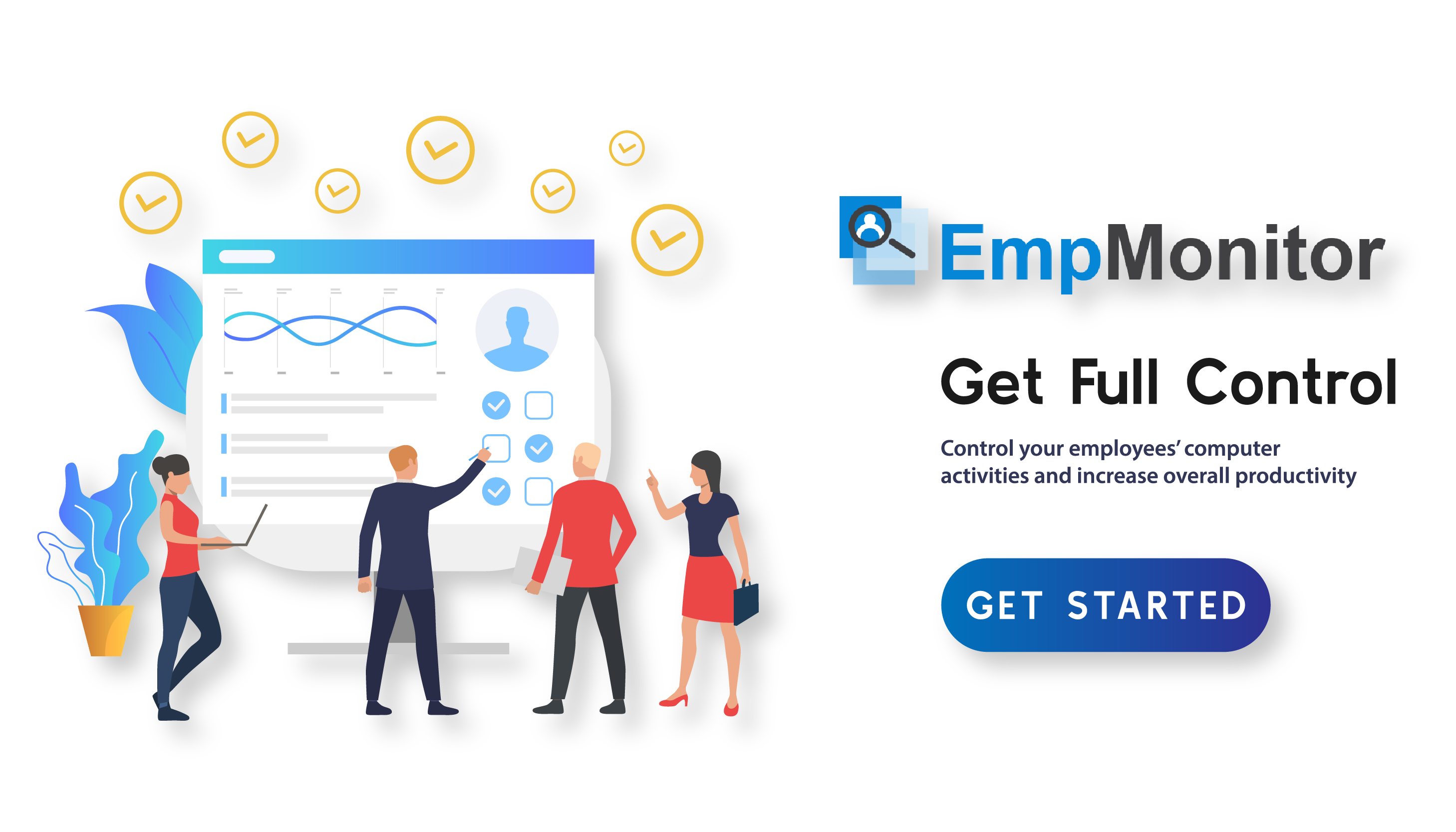Have you ever wondered what sets apart high-performing teams in the workplace? Why do some groups effortlessly surpass their goals while others struggle to stay on track? It often boils down to a single, powerful concept: team accountability.
In modern work settings, success doesn’t just depend on individual brilliance or expertise. It is about the joint commitment and responsibility of every team member. Picture a scenario where every team member completes tasks and also feels invested in the team’s overall success. That is the spirit of team accountability.
This accountability reflects how everyone in any organization collectively owns the achievement of shared goals. Each member must take responsibility for their actions, decisions, and contributions toward the team’s objectives. It goes beyond individual tasks, nurturing mutual commitment and support among team members working toward common targets.
However, maintaining accountability in huge organizations due to different working styles, remote location jobs, people working on multiple projects with multiple teams, etc, can become a big challenge for the management. Organizations can easily overcome this challenge by implementing Employee monitoring and employee assessment via employee monitoring software.
In this blog, we will share the importance of team accountability and the challenges faced in implementing it. Also we will learn why is it important to invest in an employee assessment tool and how the management can implement practices and tools to increase accountability among team members.
In a hurry? Listen to the blog instead!
Benefits Of Team Accountability
Whether you’re in a startup or a long-standing corporation, a high-performing team is crucial to achieving your goals. That’s where team accountability comes in, ensuring each individual owns their actions and contributes to the team’s objectives. Let’s explore how team accountability boosts team dynamics, productivity, and success.
Goal Alignment:
Ensuring that each team member understands the main objectives and commits to achieving them establishes shared responsibility within the team. Each member’s accountability for their tasks contributes to the team’s collective success.
Enhanced Performance:
When team members feel responsible and accountable for their work, it leads to higher productivity and performance. Individuals are more motivated to perform at their best when they know their efforts directly impact the team’s success.
Trust and Collaboration:
Team accountability encourages a culture of trust and collaboration within a team. When team members hold each other accountable, it creates an environment where individuals can rely on one another, leading to better teamwork and communication.
Error Forecasting:
When a team works together seamlessly, they become adept at spotting and predicting potential errors and issues in advance. It happens because each member takes ownership not just of their own work but also feels accountable for their teammates’ tasks. By reviewing each other’s completed steps, the team increases the likelihood of detecting and resolving errors.
Problem Solving and Adaptability:
In an accountable team environment, members are more inclined to take ownership of problems and proactively work toward solutions. It encourages adaptability and a willingness to learn from mistakes, promoting a culture of continuous improvement.
Organizational Growth:
Teams that exhibit high levels of accountability contribute significantly to the growth and success of the organization. This culture of responsibility vs accountability at the team level often translates into broader organizational effectiveness.
What Challenges Does Team Accountability Face?
Various factors, including remote setups and fluid team structures, contribute to a lack of team accountability in modern work culture. Communication hurdles and differing time zones further hinder collaboration, impacting overall team accountability.
Some lack of accountability examples include missed deadlines, passing blame instead of problem-solving, and unclear responsibilities resulting in confusion. Additionally, unchecked errors or recurring mistakes without acknowledgment showcase a lack of individual ownership and accountability within a team or organization.
To address these challenges, organizations need the right tools to foster transparency, responsibility, and efficient collaboration. Tools like, EmpMonitor provides a structured approach to team accountability by offering real-time tracking, insightful reports, and clear visibility into individual and team performance.
How To Boost Team Accountability
Accountability at work examples include team members openly taking responsibility for their actions and outcomes, meeting deadlines consistently, proactively seeking solutions to challenges, providing transparent and honest communication, and actively supporting colleagues to achieve collective goals. Additionally, individuals who admit mistakes, learn from them, and take steps to rectify errors exhibit a strong sense of team accountability in the workplace.
To enhance accountability, focus on the points mentioned below:
1. Clearly Define Roles and Expectations:
Providing clear outlines of each team member’s responsibilities and expected outcomes ensures everyone grasps their role within the team. This clarity minimizes confusion, aligns efforts, and paves a clear path toward achieving shared goals.
2. Promote Open Communication and Feedback:
Encouraging an environment where communication flows freely allows team members to express ideas, concerns, and progress updates. Open feedback loops facilitate improvement and create a space where individuals feel comfortable addressing challenges.
3. Set Measurable Goals and Deadlines:
Establishing specific, measurable, achievable, relevant, and time-bound (SMART) goals that help in tracking progress. Having deadlines ensures team accountability by providing a clear timeline for achieving milestones.
4. Encourage Peer Support and Collaboration:
Emphasizing teamwork and collaboration promotes a sense of collective responsibility. When team members support and assist each other, accountability increases as everyone shares the success and challenges together.
5. Implement Accountability Tools or Systems:
Using tools or systems, such as workforce management tools or employee monitoring tools like EmpMonitor, aids in tracking progress, assigning tasks, and monitoring individual contributions. These tools create visibility and transparency, enhancing accountability.
6. Equip Your Team with Essential Resources and Tools
Ensure your team has the essential resources and tools to fulfill their roles. When delegating tasks, inquire if they need additional information or support. It might involve offering tutorials, articles, or online tools to enhance their likelihood of success on assigned projects.
7. Lead by Example:
As a leader, taking responsibility for your actions is vital for nurturing team accountability. Avoid concealing mistakes or blaming others for errors. When team members witness the leader admitting mistakes, they’re more inclined to do the same.
8. Encourage Mistakes
Mistakes are a natural part of the learning process. Embrace them and inspire team members to learn from their mistakes, utilizing them as an opportunity for growth. Cultivate a culture that values honesty and transparency and celebrates learning and development.
To create a healthy sense of team accountability, start by promoting transparency, empower employees to share hurdles or lessons learned from mistakes. As a manager, you should share your own failures to show it’s good to make mistakes.
9. Recognize Achievements
Nearly all employees desire recognition for exceptional work, whether it is through monetary or non-monetary rewards. As accountability encompasses both positive and negative outcomes, it’s crucial to acknowledge successes within your team.
Acknowledge and reward team members for their accomplishments. Reward those who have surpassed their goals by offering bonuses, promotions, or various forms of recognition to highlight their exceptional dedication and achievements.
By incorporating these strategies, teams can create a culture of team accountability where every member feels responsible for their actions and contributions, leading to enhanced productivity and success in achieving shared objectives.
How EmpMontor: Employee Monitoring Enhances Team Accountability
Employee productivity monitoring software, such as EmpMonitor, plays a crucial role in reinforcing team accountability:
Performance Insights: Real-time tracking allows immediate assessment of individual and team performance, aiding in identifying strengths and areas for development.
Transparent Task Management: Visibility into tasks and deadlines ensures clarity, aligning team members’ efforts and responsibilities.
Resource Optimization: Data analytics assist in understanding productivity patterns, enabling effective resource allocation and process improvements.
Communication Facilitation: Collaboration features promote seamless communication, reducing bottlenecks and fostering teamwork.
Adaptive Strategies: Continuous monitoring empowers teams to adapt strategies, leveraging successful practices and addressing challenges promptly.
Cultivating Ownership: Visible actions instill a stronger sense of responsibility and commitment toward shared goals among team members.
Goal Harmonization: Tools align individual contributions with overarching team objectives, reinforcing a shared sense of purpose.
EmpMonitor offers a comprehensive set of additional features to support team accountability and productivity:
User-Friendly Interface: Intuitive dashboard and user interface for easy navigation and access to vital insights.
Customizable Reports: Customizable reports offer tailored reporting options designed to meet team requirements by focusing on specific metrics and analyses.
Activity Monitoring: Detailed tracking of application and website usage for enhanced productivity tracking.
Screenshots and Keystroke Monitoring: Visual and textual insights for a deeper understanding of employee activities.
Attendance Management: Efficiently monitor work hours and attendance for better workforce management.
Security Measures: Ensuring data protection and compliance with privacy regulations for employee peace of mind.
Internal Threat protection: Protect crucial data with DLP software and USB detection features.
Using EmpMonitor, teams can effectively reinforce accountability, enhance productivity, and cultivate a culture centered on shared responsibility in the workplace. However, it’s vital to prioritize and uphold employees’ privacy rights and boundaries. Empower your team with the right tools today.
Also Read
REMOTE WORK TIME TRACKING TIPS AND TOOL
5 Smart Tips To Improve Workplace Collaboration Skills
Boost Employee Productivity With Effective Software Solution
7 Reasons Why Your Company Needs Workforce Management Tool
9+ reasons why your team needs employee accountability software
Final Thoughts
While pursuing team accountability, it’s crucial to understand that it’s an ongoing journey, not a fixed destination. Cultivating an environment that values responsibility nurtures trust and amplifies collaboration among team members.
Additionally, implementing employee tracking systems elevates project accountability significantly, ensuring consistency across various project management stages. EmpMonitor, with its robust features, supports this journey. However, the pivotal shift occurs when cultivating a mindset where accountability becomes ingrained, propelling teams toward enduring success as a natural instinct.















